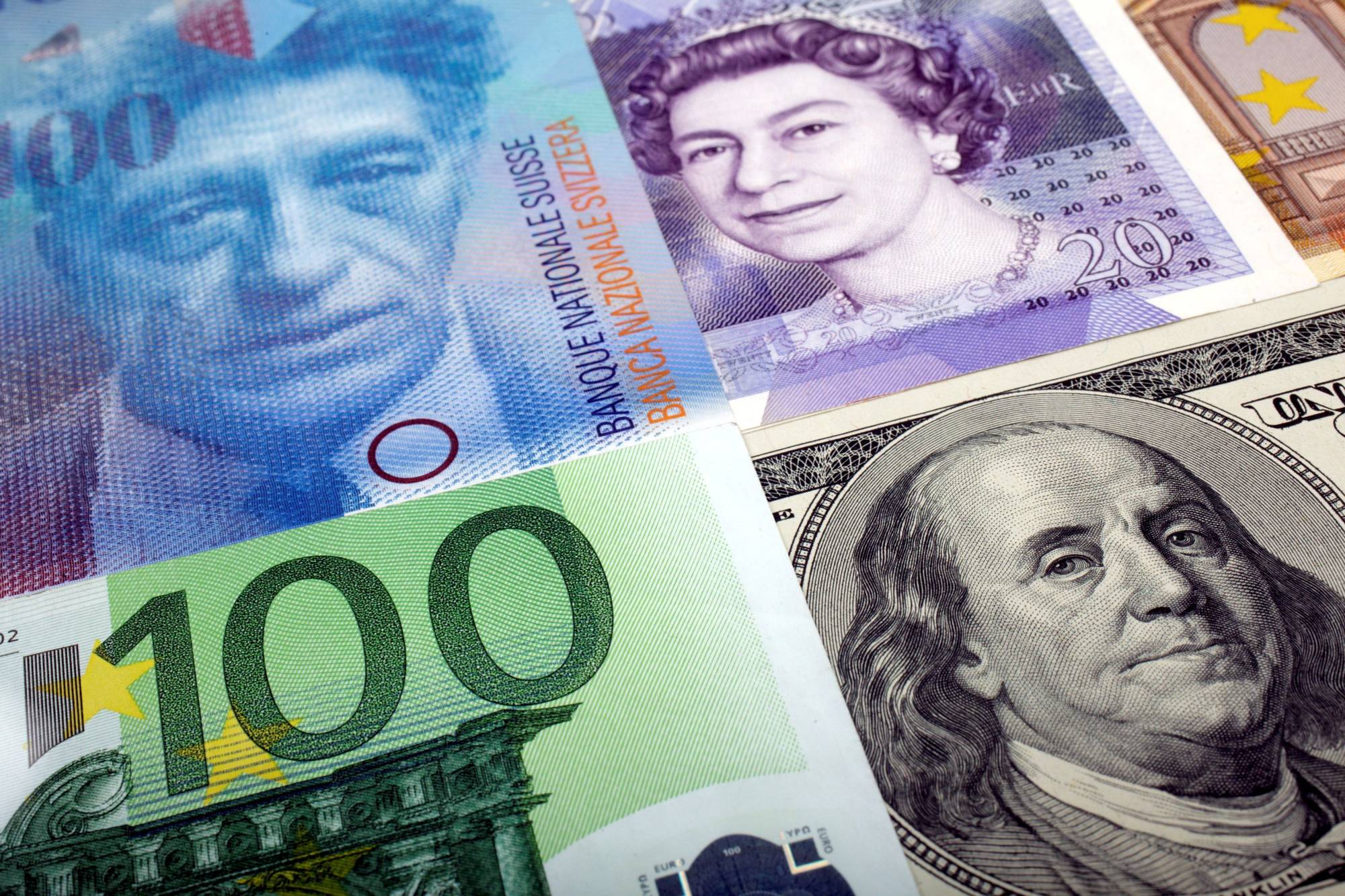Huge spending by governments kept the world economy afloat during the pandemic as officials mobilized a fiscal response not seen since World War II to bolster household incomes and give businesses a fighting chance to survive the health crisis.
But the resulting nearly $300 trillion pile of debt held by governments, businesses and households will leave many countries with vulnerable finances and weigh on efforts to address urgent challenges such as climate change and graying populations.
Even as rich and poor governments take stock of battered finances, inflation is pushing central banks toward higher interest rates and a tightening of monetary policy which, for the indebted, can only make the math less favorable.


















With your current subscription plan you can comment on stories. However, before writing your first comment, please create a display name in the Profile section of your subscriber account page.